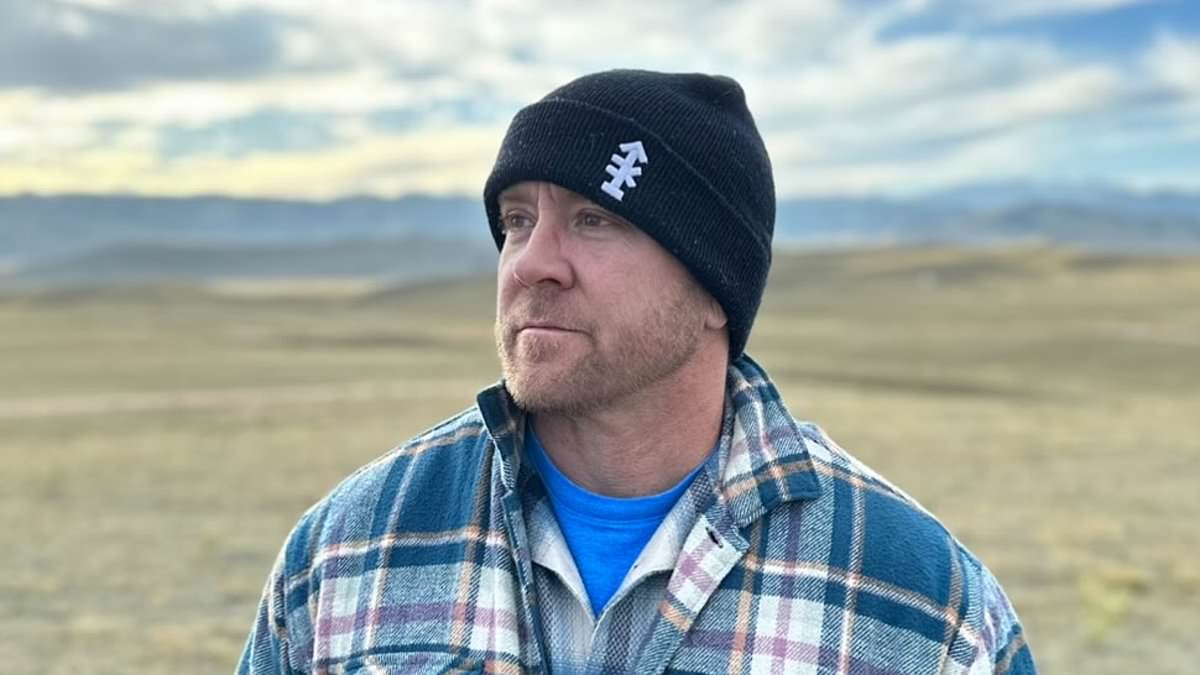
Darkness retreats are emerging as a powerful trend in wellness and self-discovery. Once overshadowed by psychedelic ayahuasca ceremonies, these retreats are now sought after by athletes, Hollywood actors, and tech leaders who seek spiritual enlightenment and inner transformation.
What Are Darkness Retreats?
Darkness retreats are a meditative practice with roots in Tibetan Buddhism, where advanced practitioners traditionally spend up to 49 days in complete darkness to achieve spiritual awakening. Adapted for the modern world, these retreats typically range from a few days to weeks and promise deep introspection.
Participants live in a pitch-black, windowless environment with minimal distractions. Meals are delivered through a double-door hatch to ensure no light enters. Without visual stimuli, attendees are left to confront their inner thoughts, emotions, and even trauma.
Stories of Transformation in the Dark
Traver Boehm, a former bodyguard and MMA fighter, is no stranger to confronting his inner demons. After experiencing multiple personal tragedies, including the loss of his unborn child, a divorce, and a business failure, he embarked on what he called the “One Year to Live” project. This introspective journey led him to his first darkness retreat—a transformative 28 days in a cave in Guatemala.
In 2025, Boehm revisited the darkness, this time for an arduous seven weeks in a retreat in Tuscany, Italy. Reflecting on his experience, he described the retreat as a violent, soul-stirring battle with his past trauma. Yet, the darkness also served as a profound teacher, helping him uncover hidden depths of resilience and clarity.
From Fear to Awakening
The experience of darkness retreats varies widely. While some, like author Elizabeth Gilbert, emerge rejuvenated after shorter stays, others, such as crypto entrepreneur Charles Hoskinson, find the experience overwhelming. Hoskinson fled his retreat after just 12 hours, describing terrifying hallucinations and an inability to breathe.
For Boehm, however, the extended time away from the outside world revealed groundbreaking insights. By day 42, he encountered emotional milestones, including grieving the loss of his father and resolving long-standing internal conflicts. Though grueling, he describes the darkness as his ultimate “medicine.”
The Science and Spirituality Behind Darkness
Darkness retreats are not just spiritual journeys. Scientists suggest that prolonged exposure to darkness triggers increased melatonin production, which can enhance dream activity and subconscious exploration. The absence of external distractions allows participants to deeply process unresolved emotions and past experiences.
Boehm, for example, used the stillness to “write” a fiction story in his mind, organize future workshops, and address unresolved relationship conflicts. He describes receiving flashes of visual clarity and auditory responses that profoundly impacted his perspective.
What Awaits After the Darkness
Upon emerging from his retreat, Boehm felt overwhelmed by the beauty of the outside world. From a bird’s song to the sight of the ocean, every sensory experience felt amplified and deeply moving. The retreat not only helped him shed 30 pounds thanks to its vegan diet but also provided an unparalleled sense of mental clarity.
He describes the reintegration process as finding balance between two worlds—loving the simplicity of life in darkness but cherishing the connection and vibrancy of human interaction.
Would He Do It Again?
When asked if he would return to the darkness, Boehm didn’t hesitate to say yes, albeit for a shorter duration. He explains, “The darkness is my medicine. It’s where I go to do my soul work.”
As darkness retreats grow in popularity, they offer an alternative path of self-awareness for those ready to explore the depths of their minds. Whether for a few days or several weeks, the practice promises life-changing revelations for those brave enough to step into the void.



